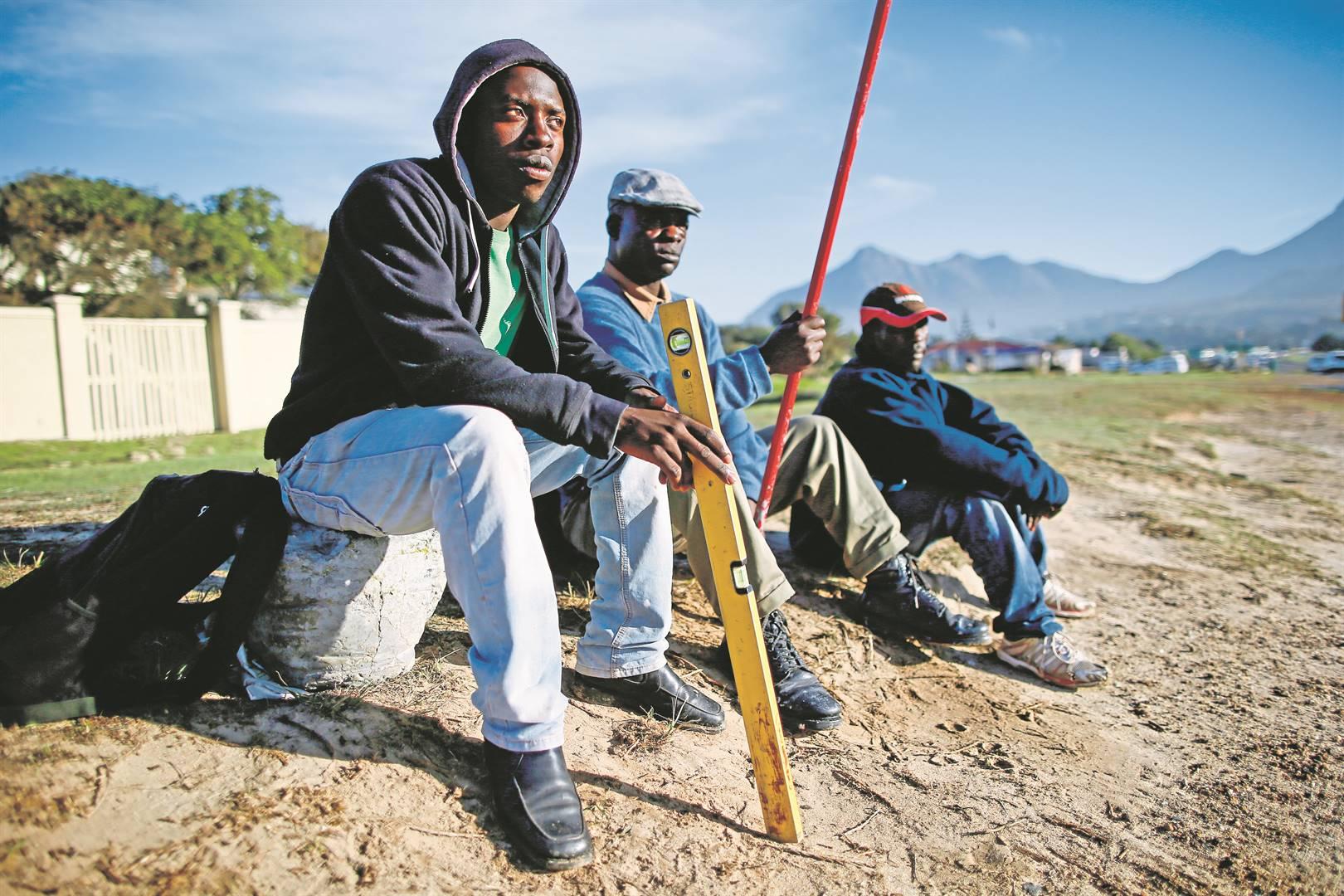Africa-Press – South-Africa. Forty percent of people who applied for the R350 social relief of distress grant this time around have been rejected, following the introduction of a stricter means test from 1 April and a more onerous application process.
Although the grant was supposed to continue seamlessly after the previous iteration that ended in March, the new procedures to access the grant have slowed things down. No grants have yet been paid for April and May, although the government has committed to paying these later.
The new iteration of the grant, which lasts until March 2023, was restricted to people with income of less than R350 and all applicants were cross-checked against the banking database. In the past, an income level of R624 was effectively used as a means test, but not implemented as strictly.
Minister of Social Development Lindiwe Zulu has indicated that she now intends to raise the means test for this round of the grant to R624. This is the food poverty level, or the amount of monthly income needed by an individual to sustain themselves. Zulu published draft regulations in the government gazette last week.
The Black Sash human rights and anti-poverty lobby group said last month that it would challenge Zulu’s R350 means test level, which it said was “arbitrary” and would deprive many desperate people of income.
The government has argued that the reason for the new, lower means test was that it has limited funds in the budget for social grants and could provide support to only 10.5 million people with the available envelope. It feared that more people than this would apply.
But given the high number of rejections so far, the department could end up underspending its allocation.
Civil society activists have also criticised the application process, which has been made more onerous. While previously this could be done from any mobile phone, applications must now be made online with a lot more data and information supplied.
The data collected shows that 60% of applicants are under 35 and 57% are women. Most applicants have a high school education with 39.2% with Grade 10 and 40.6% with Grade 12.
Government is considering the affordability of a permanent income grant, with the aim of making a policy announcement in October at the medium-term budget policy statement.
For More News And Analysis About South-Africa Follow Africa-Press






